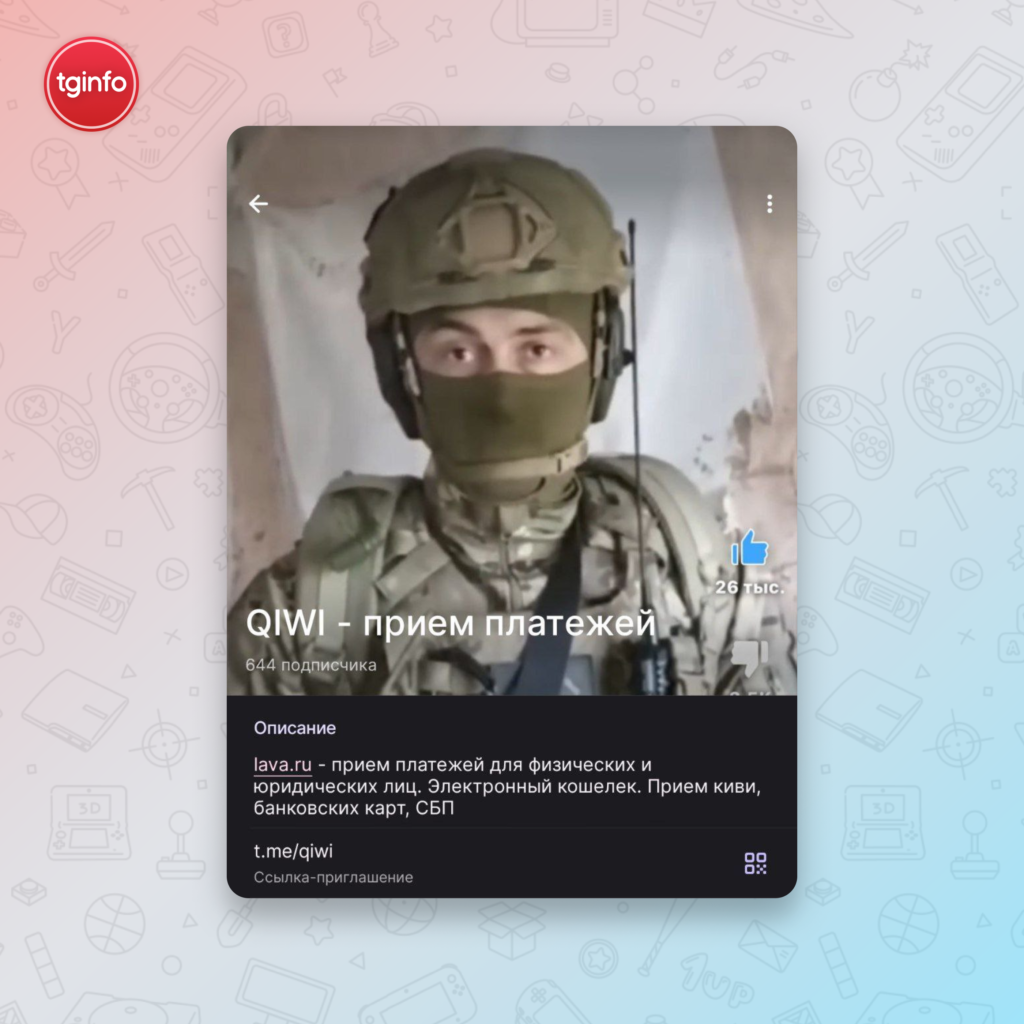Fragment, an auction of Telegram usernames, was recently launched. According to Pavel Durov, it sells short usernames. But besides that, you can also find usernames previously confiscated from «inactive» channels in search. What escapes the attention of many users is that no matter what the large print on the Fragment’s website does say, it is not exactly usernames that are traded on the auction.
@tginfo reviewed the platform’s terms of service to get to the bottom of the subject.

Fragment allows to «purchase digital collectible entities via NFT-like smart contracts,» which by definition is NFT, but within the TON blockchain ecosystem and the Toncoin cryptocurrency.
Further down the line, we refer to the assets being sold simply as NFT, and the usernames in Telegram messenger as usernames, to make the distinction clear.
In the first place
The platform itself does not sell nor own usernames, as it is not formally connected to Telegram in any way. Instead, it sells «digital collectible entities» — NFTs, which can provide certain benefits and functionality. Right now, NFT has only one advantage — the privilege to link an NFT-associated username to a Telegram account.
The auction declares that Telegram provides «benefits,» but does not promise that Telegram will continue to provide services for NFT in perpetuity.
NFT holders cannot claim refunds if Telegram refuses to provide usernames for NFTs in the future.
Fragment’s terms mention that if the user violates Telegram’s Terms of Service, the messenger may refuse to link the usernames. NFTs associated with the offender may be blacklisted by Telegram and may no longer be recognized by the messenger.
NFTs that were bought on Fragment and other platforms exist separately from Telegram, and their value relies only on the messenger recognizing the «entities», without any guarantee that Telegram will recognize their value in the future. If a dispute arises with the messenger, the buyer formally has no rights: Telegram is not obliged to fulfill anything, because the user is not making a purchase from Telegram. The Fragment platform itself also denies any responsibility for preserving the value of sold NFTs.
Abuse Precedent
On 26th of November, @qiwi domain was sold at the auction. QIWI is a popular payment service in Russia. Shortly after the sale, the channel, which received the username, was banned for copyright infringement. Before the ban, the channel had used the QIWI brand in its name and logo and posted the following message:

After the channel changed its avatar from the QIWI logo, the ban was lifted. Later, the owners changed the name and content, and now the channel looks less like some official QIWI resource, but the authors did not give up using the QIWI and YooMoney brands:


Other gotchas
- In terms of use, Fragment declares the ability to buy NFTs anonymously.
- All transactions rely on and are stored in the TON blockchain.
- NFTs from Fragment are not directly linked to any account outside of the Fragment auction. The platform claims that it cannot recover assets if access to the wallet is lost.
- There are no refunds.
- Holders can sell their NFTs to another person directly, release them back to the auction, use them, or keep them but not use them.
- The auction is not available in the United States.
- Removal of an NFT from Fragment (e.g., prohibiting it from being bought and sold there) does not undo transactions that were already made — the NFT stays with the owner. What the terms don’t mention is that removing NFTs from the platform usually can’t happen without a good reason, and there’s a risk that such an NFTs will be refused to be accepted by Telegram, rendering it useless.
- Companies have the right to charge a fee for using NFT on their platforms (e.g., Telegram may impose a fee for linking NFT to a profile). Can expand or limit the functionality of NFT.
- In the FAQ, the platform informs that already taken usernames are not auctioned by default, but current usernames owners may put their usernames up for auction if they wish.
Conclusion
Having studied the terms of use of the Fragment auction platform, the Telegram Info team concluded that the platform refuses to take liability for compensating NFT buyers if a company or brand makes a formal request to Telegram for the transfer of a public name for use of its brand. So, we are dealing with a kind of contradiction where Telegram can unlink an NFT from the messenger’s usernames system if it wishes to.
To protect customer rights, Fragment needs to work out a Refund policy. If Telegram unlinks a username from an NFT in favor of a brand, the token will lose its value. Telegram must ensure that the purchased NFT does not lose its link to the messenger ecosystem. If the rules of the game remain fuzzy, buying names like @dior will, in my opinion, be a risky deal.
Artem Abaev, Founder of Finpanda